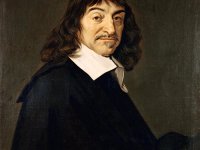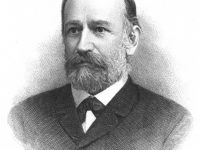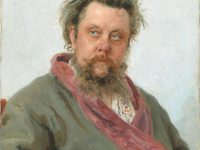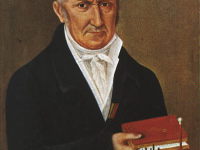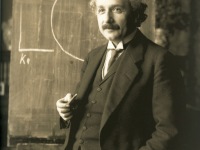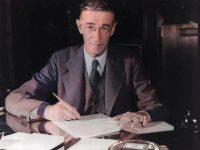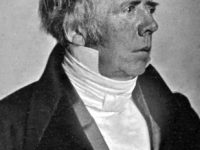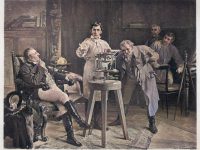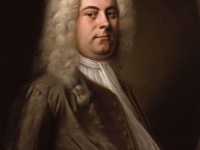Cogito Ergo Sum – The Philosophy of René Descartes
On March 31, 1596, French philosopher, mathematician, and writer René Descartes was born. The Cartesian coordinate system is named after him, allowing reference to a point in space as a set of numbers, and allowing algebraic equations to be expressed as geometric shapes in a two-dimensional coordinate system. He is credited as the father of analytical geometry, the bridge between algebra and geometry, crucial to the discovery of infinitesimal calculus and analysis.…
Read more

